Mission Zero
Mission Zero offers young people the chance to have their code run in space! Write a simple program to take a reading from the colour and luminosity sensor on an Astro Pi computer on board the International Space Station, and use it to set the background colour in a personalised image for the astronauts to see as they go about their daily tasks.
Entries for Mission Zero 2025/26 are open from 8 September 2025 to 23 March 2026 12:00 noon CET.
- 1 hour
- Age 19 and under
- Up to 4 young people
- Suitable for beginners
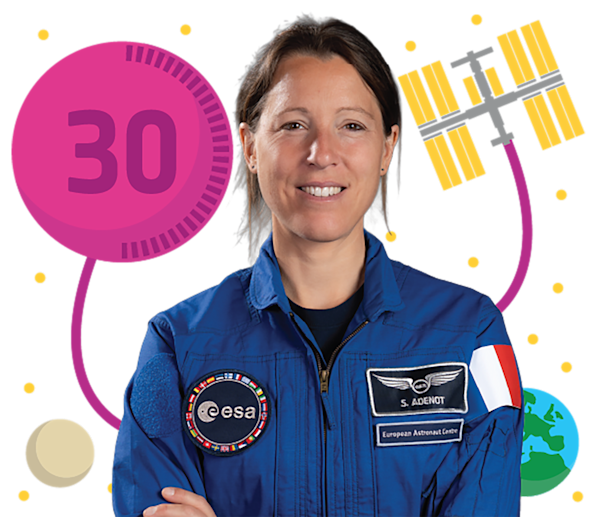
How to take part
-
Check the eligibility criteria and read the official guidelines
-
Mentors register for Mission Zero and receive a classroom code.
-
Young people write their programs and submit them using the classroom code in the Mission Hub.
-
The programs are deployed and run on the International Space Station!
What will you do in Mission Zero?
You will write a Python program to display a personalised image (or animation) on an Astro Pi computer on board the ISS for the astronauts to see as they go about their daily tasks. You will use a reading from the Astro Pi’s colour and luminosity sensor to set the colour of the background.
The images you create should be inspired by nature, on Earth or beyond. Images could represent any aspect of nature found on Earth and other planets, for example, trees, flowers, animals, insects, rainbows, or alien life forms. All entries must follow the official guidelines.
Here are some examples of images created by Mission Zero 2024/25 participants.
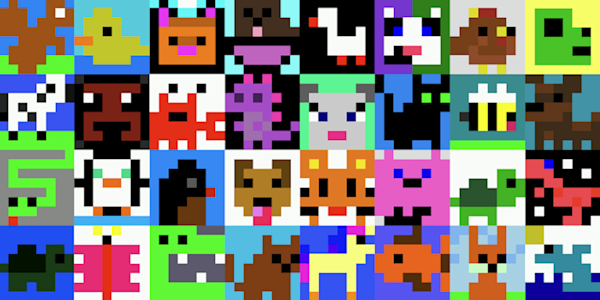
Follow our handy step-by-step guide to write your program.
* Suitable for beginners to programming and/or primary school–aged children
* Can be completed in a single 60-minute session
* No special hardware or prior coding skills needed
* Everything can be done in a web browser, on any computer with internet access
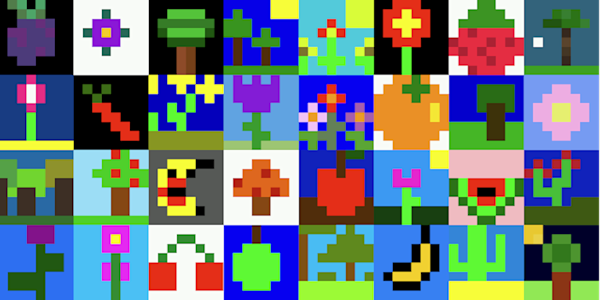
Mentors
Participants must be supervised by a mentor, and can enter individually or as part of a team of up to 4 young people. Mentors must register to get a classroom code, which participants use to submit their programs.
Check the eligibility criteria to make sure participants are eligible to take part. All eligible participants who follow the official guidelines will have their program run in space for up to 30 seconds and receive a certificate signed by an ESA astronaut.
The certificates show the exact start and end times and the position of the ISS when the program ran, giving participants a unique piece of space history to keep! All certificates are sent to mentors in June to distribute to participants.
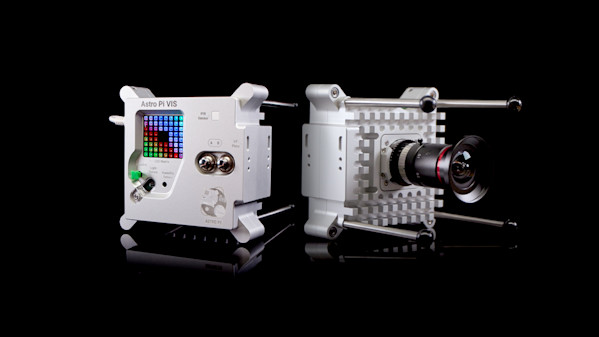
Mission Zero timeline 2025/2026
-
Challenge launch
8 September 2025
Mentors register their teams and young people work on their Mission Zero programs.
-
Challenge end
23 March 2026, 12:00 noon CET
Programs must be submitted by this date to run on the ISS.
-
Submissions are uploaded and run on the ISS
May 2026
If the submission follows the official guidelines and is made by an eligible team, the program will be run in space.
-
Certificates are sent to participants
June 2026
Teams will receive a certificate that shows the location of the ISS when their program was run!
Why participate in Mission Zero?
Some mentors and participants told us about their experience of taking part in Mission Zero.
“The students had a great time taking part in Mission Zero, it was easy to follow for those who had no experience of coding and it allowed those who had experience to challenge themselves.” Noha Loutfi, Mentor
“My Year 6 Code Club wrote code that ran on board the ISS. Such an amazing opportunity!” Stu Watts, Mentor
“Wow! Just received these certificates this morning. Our Year 6 @CodeClub wrote code that ran on board the ISS. What a great way to introduce Python to students. A terrific experience!” Rhodri T Smith, Mentor
“I had so much fun joining in with ESA Astro Pi Mission Zero this year! It was my second time successfully sending a program I coded to the astronauts onboard the International Space Station!” Team Astro Liz’s Lab, age 9
“Mission Zero has been a great experience for my 5-year-old son. Now he’s bragging at school that a computer program he made was run on the ISS.” Jose Luis, Mentor, Team Mario
"We want students to use their digital skills as superpowers to make the world a better place and this [challenge] really aligns with that because regardless of your race, your ethnicity, your gender, you can write some code that actually runs in space. And if you can do that, […] you can solve the big problem[s] that the adults of the world are still grappling with, so it's the opening up of opportunities."
Mentor, Mission Zero 2023/24
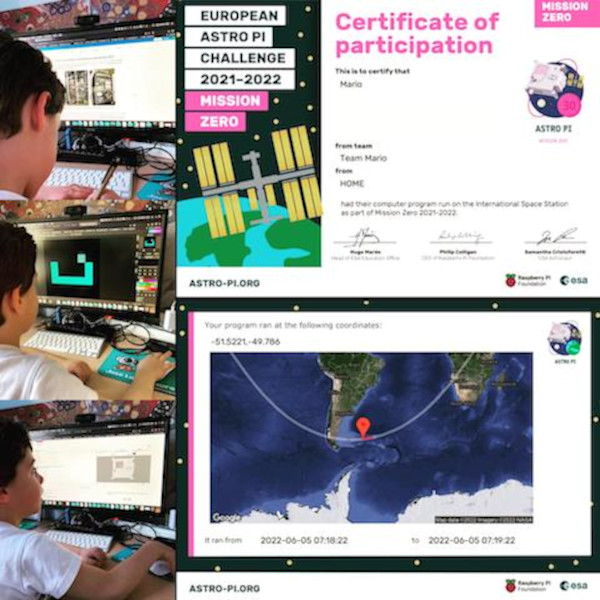
Need help to get started?
Not sure where to start? Contact Astro Pi Mission Control today at [email protected]. We can answer any questions you may have and point you to the right resources to help you take part in the mission.
Look out for ESA/ESERO activities in your country and Raspberry Pi Foundation events and code alongs.